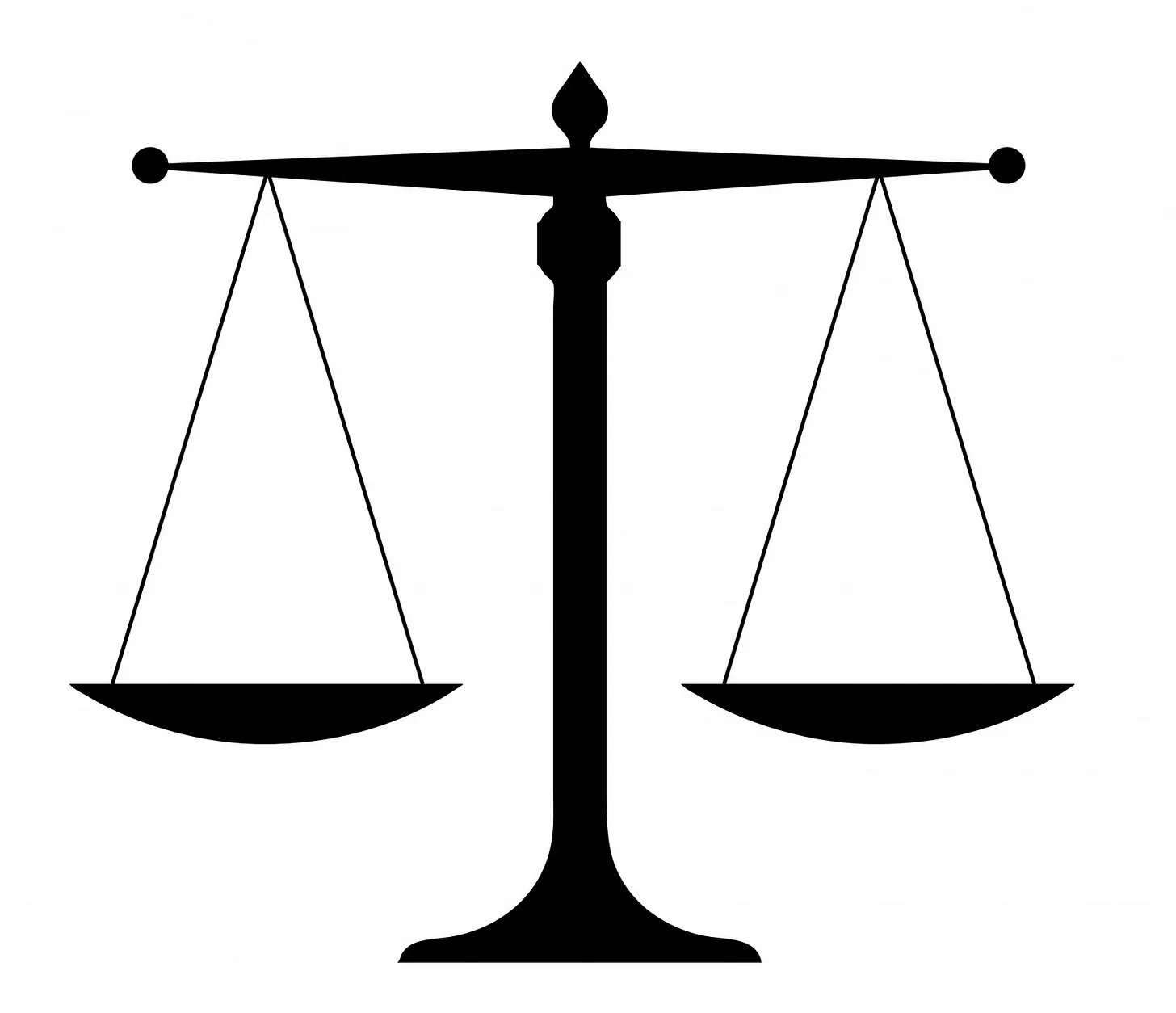Free speech for me, but not for thee



A major court case now before the Supreme Court would sharply limit the government's ability to seek social media help in curbing disinformation
The Supreme Court last week agreed to hear a first amendment case that could have huge implications for the future of public health in the U.S.
The Biden administration had appealed a decision by the ultra-conservative Fifth Circuit Court of Appeals that placed strict limits on the executive branch’s ability to challenge disinformation on social media sites. That court also issued an immediate injunction against the government, which the Supreme Court stayed until it decides the case.
The original suit, brought by Republican attorneys general in Missouri and Louisiana and five individual plaintiffs, accused the government of violating the free speech rights of opponents of the government’s COVID-19 policies. A Louisiana district court, also dominated by rightwing judges, found government public health agencies and the Surgeon General had illegally limited freedom of speech by “coercing” social media platforms like X (formerly Twitter), Facebook and YouTube to remove or limit the spread of anti-vaccine disinformation and other posts critical of government-recommended actions to combat COVID-19.
In its 297-page appeal to the high court, the government argued its officials were only making use of the platforms’ content moderation policies, which ask the public for help in identifying false, inflammatory, and misleading posts. The social media companies’ content oversight boards had also sought out the Centers for Disease Control and Prevention’s advice in determining whether some posts constituted medical disinformation. “The government is entitled to provide the public with information and to advocate and defend its own policies,” the brief said.
The individual plaintiffs included two scientists, Jayanta (Jay) Bhattacharya of Stanford and Martin Kulldorff of Harvard, who opposed lockdowns, questioned the effectiveness of masking and social distancing, and led a movement to adopt a herd immunity strategy. While both men are credentialed scientists, their preferred herd immunity strategy drew widespread condemnation from the World Health Organization, the CDC and most public health authorities around the world. They went on to advise Gov. Ron DeSantis of Florida, who opposed lockdowns, and later affiliated with the Brownstone Institute, a right wing think that promoted their work.
The Fifth Circuit’s decision failed to identify any specific instances where federal officials had issued threats or otherwise coerced the social media companies into complying with its requests to pull down some of their Twitter (now X) posts. Moreover, “the platforms declined the officials’ requests routinely and without consequence,” the appeal noted.
No ‘significant encouraging’ allowed
The Fifth Circuit Court opinion not only upheld the lower court’s decision, it rewrote the injunction. It now states that the government, its employees and agents “shall take no actions, formal or informal, directly or indirectly, to coerce or significantly encourage (emphasis added) social-media companies to remove, delete, suppress, or reduce, including through altering their algorithms, posted social-media content containing protected free speech.”
Significantly encourage? Who will make that determination? If you give that authority to the attorneys general of states like Missouri and Louisiana (not to mention Florida, Texas, North Carolina and any number of Republican-controlled states that have rendered electoral democracy irrelevant through gerrymandering), you will have effectively destroyed executive branch agencies’ ability to question the scientific validity of what appears on social media, much less request its removal if it is deemed a threat to public health.
It’s more like guidelines, really
I hope the high court rejects this egregious effort to gut what’s left of the federal government’s public health authority. It has long been part of federal law that the CDC only makes recommendations to state public health agencies. They and their governors are the ones who make decisions, including the ones that involved masking, social distancing, vaccine mandates and lockdowns during Covid.
The broader question this case raises is how social media platforms like X, Meta (Facebook), YouTube, and Instagram should be regulated. Under Section 230 of the Communications Act, passed in 1996 to encourage the expansion of the then-new internet technologies: “No provider or user of an interactive computer service shall be treated as the publisher or speaker of any information provided by another information content provider.”
In other words, the companies that own the social media platforms are not subject to the laws governing libel and slander. They cannot be made financially liable for the harms caused by disseminating false and misleading information. It is their users who are on the hook.
The fact these companies set up content moderation departments in the first place was tacit recognition that the 1996 laissez faire scheme is no longer tenable. But in the past year, most have cut back those departments, and instead spent millions of dollars lobbying Congress to fend off regulation. Meanwhile, we still live in a world where authoritarian states like Russia aggressively use social media to undermine democracy; rightwing extremists in the U.S. use it to encourage insurrection; and anti-vaxxers and other quack medical theorists use it to spread disinformation.
I find it somewhat encouraging that only Justice Samuel Alito dissented from the Supreme Court decision last week to stay the injunction and hear the case. But with the Roberts court, which has given corporations unlimited speech rights yet rarely misses an opportunity to limit federal authority, you never know what will happen.

